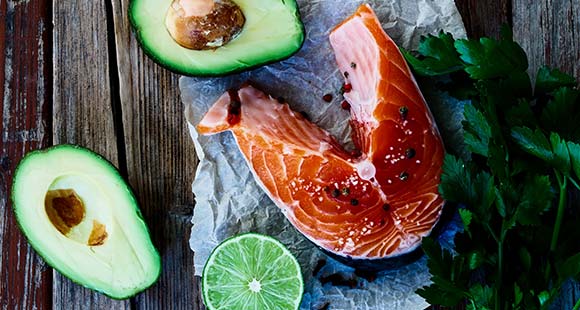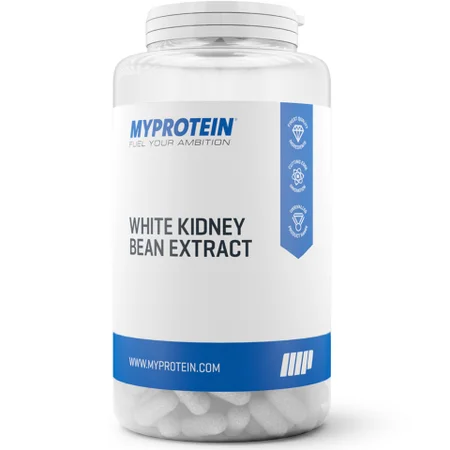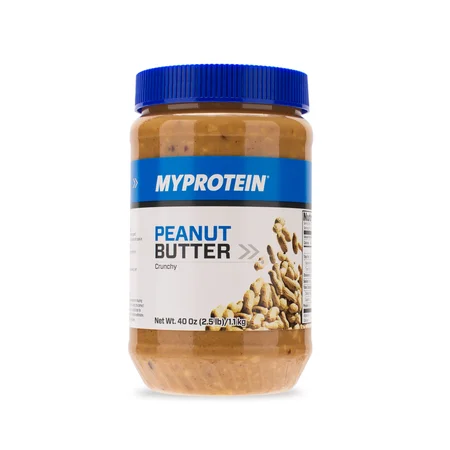
In ketosis, but not losing weight? If so, you are not the only one. Many people hit plateaus eventually… Some sooner, and some later than others.
A ketogenic diet is a diet consists of high fats and high proteins, with carb intake at only 50 grams of carbs or less per day. The reason this diet has become so popular is that of the dramatic weight loss that happens in the first 4 weeks of following it. The point of a ketogenic diet is to turn the switch in your body from using carbs as energy, to using fats (lipids) as energy.
The results can be pretty fast, but there are downsides. The first 3 days of starting a ketogenic diet are referred to as the keto flu because of how it affects your body and mind. The most common side effects of the keto flu are headaches, irritability, mood swings, diarrhoea, and energy loss. The keto flu is the point in time when your body is switching from using carbs as energy and produces ketones that signal the body to use fat as energy.
Let’s talk about a few different scenarios that can be the cause of a weight loss plateau during a keto diet.
Calorie Intake

The single most important part of losing weight for any kind of diet that is out there is, of course, your calorie intake - a lot of people on a keto diet come to the conclusion that they can eat anything as long as there are very little or no carbs. It's only true to an extent.
Sure, you can eat things like bacon, ham, hot dogs, burgers, etc, but you still have to intake the right amount of calories. Just because your body is using fat as energy, does not mean you can eat a ton of calories. You can eat absolutely no carbs, but if your calorie intake is high, you are not able to lose weight and in fact, will gain weight if too many calories are taken in.
Exercise

The next problem on the list is the amount of exercise you are doing. While on a keto diet, exercise is still necessary to lose the weight in a healthy way. It's tough working out when you're consuming so few carbs, but this does not mean you take the intensity down a few notches. You need to work out just as hard as you were when you were eating carbs, otherwise, you're just taking your limits down instead of pushing them.
Resistance training will be a lot harder on a keto diet, but you still need to exercise with the same intensity. Otherwise, you will lose strength, and very possibly, muscle tissue. Cardio on a keto diet acts as a rocket booster to your fat burning capabilities. Your body has no carbs to burn up, so what is the only thing to burn during cardio? Fat of course! Just make sure your protein is at a high intake, so catabolism is at its lowest chance of happening.
Metabolism
There is one reason that keto is not recommended as a permanent lifestyle change. There has been evidence that too long without any refeeds, or a high carb day can slow down your metabolism significantly. This is the same reason that refeeds are recommended during a low carb diet, especially for bodybuilders. A refeed increases the number of glycogen stores in your body and restarts your metabolism.
If you are on a keto diet, try to incorporate a refeed day twice a month, or even once a week if you are seeing really good results. This refeed will send your body a signal that it has all of this stored energy in tissues, and your metabolism will skyrocket. Your energy levels will also be reset, which will make you feel better as well.
Take-Home Message
When you continue to stay on a keto diet, there is a good chance that you will plateau and stop losing weight. Once that happens, it is time to change things up a bit. Check your calorie intake, keep the intensities of your workouts a high level, and incorporate a refeed day into your diet. After trying these 3 things, it should jump-start your metabolism again and you will continue to lose weight.

It is not good for your metabolism to go without carbs for a long period of time, so it will suffer. If you are a bodybuilde or have a decent amount of lean muscle, refeed days are a must for your metabolism and glycogen stores.
The keto diet has been shown to drastically lose weight, but it will slow down over time, and then it will be time to think some changes over to your nutrition or workout regimen.










